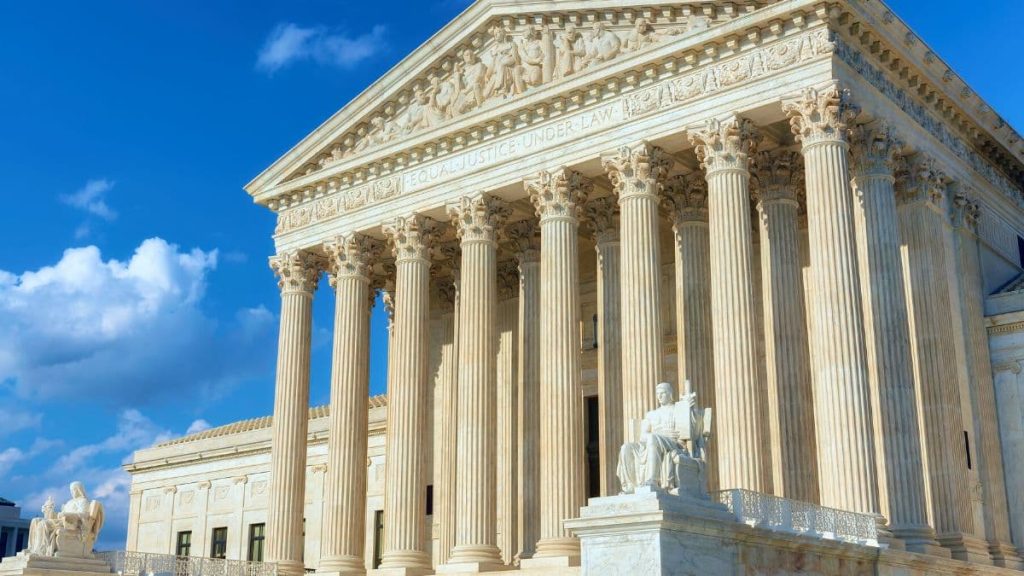
A significant win for corporate interests was achieved on Friday when the Supreme Court reversed a 40-year-old ruling in the Chevron case, which had allowed federal regulation of the environment, public health, worker safety, and consumer protections.
While the liberal justices dissented, the six conservative justices overturned Chevron, a decision that conservatives had long opposed. Opponents of the Chevron judgment contended that it gave government experts undue authority over courts, allowing federal agencies to interpret ambiguous legislation.
In his majority opinion, Chief Justice John Roberts said that courts must determine for themselves whether an agency is acting within its authority. In dissent, Justice Elena Kagan cautioned that the ruling substantially undermines administrative jurisdiction.
The decision resulted from lawsuits filed by New Jersey and Rhode Island fishermen harvesting Atlantic herring over a 2020 National Marine Fisheries Service rule that required them to cover the cost of government-mandated observers. Based on Chevron, lower courts maintained the rule.
The conservative majority on the court consists of Justices Samuel Alito, Neil Gorsuch, Brett Kavanaugh, Clarence Thomas, and Amy Coney Barrett. The court has previously restricted environmental rules and obstructed Biden administration efforts. Justices Sonia Sotomayor and Ketanji Brown Jackson echoed Kagan’s dissent.
Chevron’s detractors claimed this caused judges to often support government choices without conducting adequate due diligence. The court’s decision, which held that judges must independently interpret the law, supported these views.
The Biden administration warned that the legal system would be upset if Chevron were overturned. A number of groups, including Democrats, civil rights organizations, and environmental and health advocacy groups, had persuaded the Court to keep Chevron.
According to Earthjustice’s Sambhav Sankar, the decision advances a deregulatory agenda at the expense of the authority of elected government branches.
The fishermen supported gun, e-cigarette, agriculture, wood, and home-building businesses. The fishermen said that Congress did not grant federal regulators the power to charge. Lower courts maintained the rule on the grounds of Chevron. Because Justice Jackson recused himself from the New Jersey case, the justices heard two cases.

